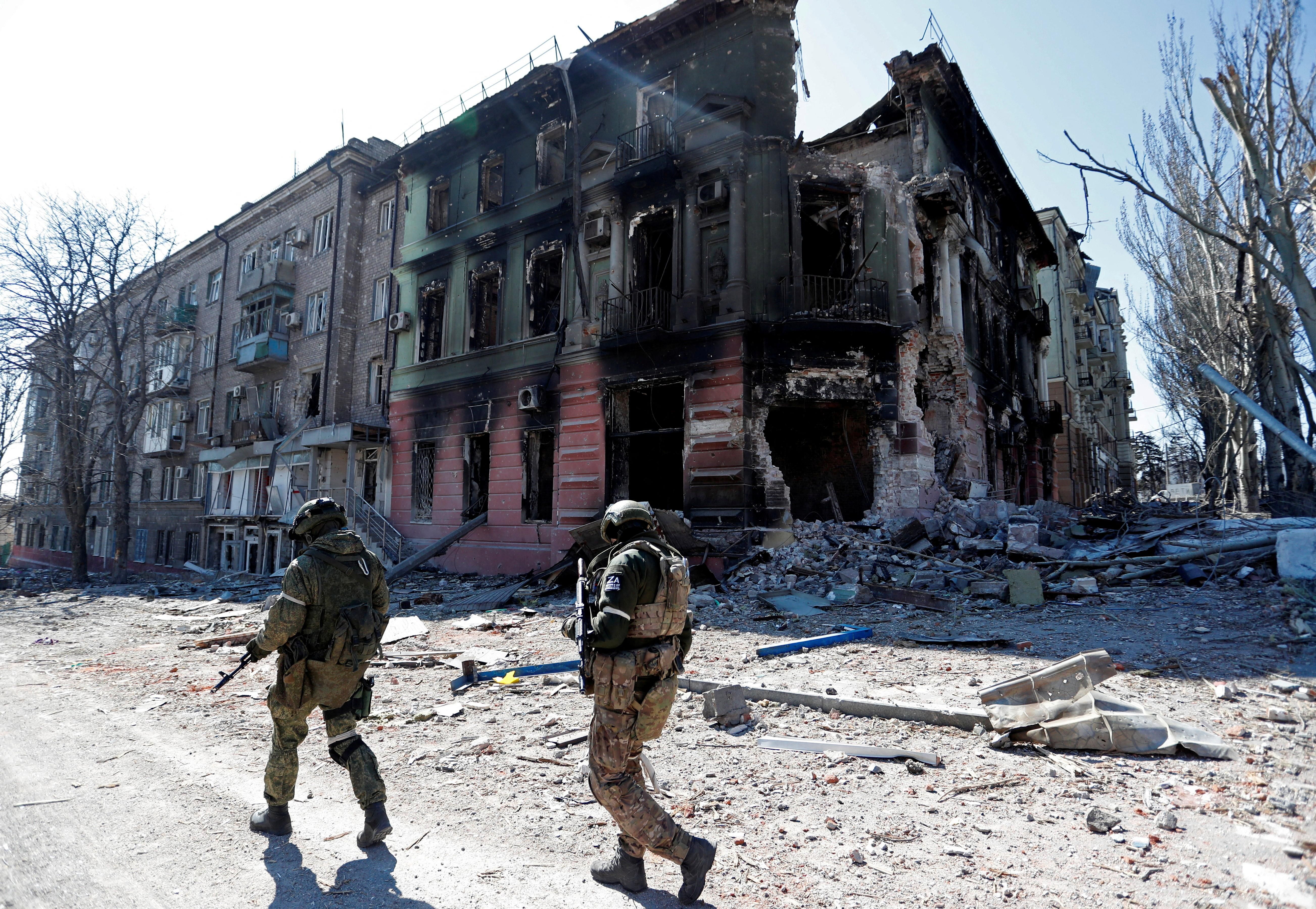What We’re Watching: Mariupol on the brink, Pakistan’s new leader, Finland’s NATO bid
Is Mariupol on the brink?
The fight for the strategic southeastern Ukrainian port of Mariupol continues to rage. Unconfirmed reports late Monday pointed to the possible use of chemical weapons dropped by a Russian drone. US and British officials said they were monitoring reports of the possible chemical attack. The fate of Mariupol is critical for the next phase of the war. If Russia is able to take the city, it would be able to do two things: establish a land bridge to Crimea and punch northward as part of a broader effort to encircle Ukrainian forces fighting in the Donbas. As Russia now points its army towards a full-fledged assault on eastern Ukraine, Kyiv has warned of the bloodiest land battles in Europe since World War II and pleaded for more military assistance from the West.
Can Sharif bring economic healing to Pakistan?
Pakistan’s new prime minister doesn’t have an enviable job. Parliament elected Shehbaz Sharif on Monday amid economic and political turmoil in the Islamic Republic following Imran Khan’s ouster on Saturday. Khan’s party resigned en masse on Monday, part of a larger mobilization of supporters the former PM hopes will lead to street protests and agitation against the new government. Sharif, meanwhile, hit the ground running on economic matters, raising the minimum wage and some government pensions — a bid to help average Pakistanis cope with high inflation and soaring fuel prices. He is expected to form a broad coalition government and will aim to get Pakistan’s IMF funding back on track, along with electoral reforms, before calling a new election to try and secure a fresh mandate.
